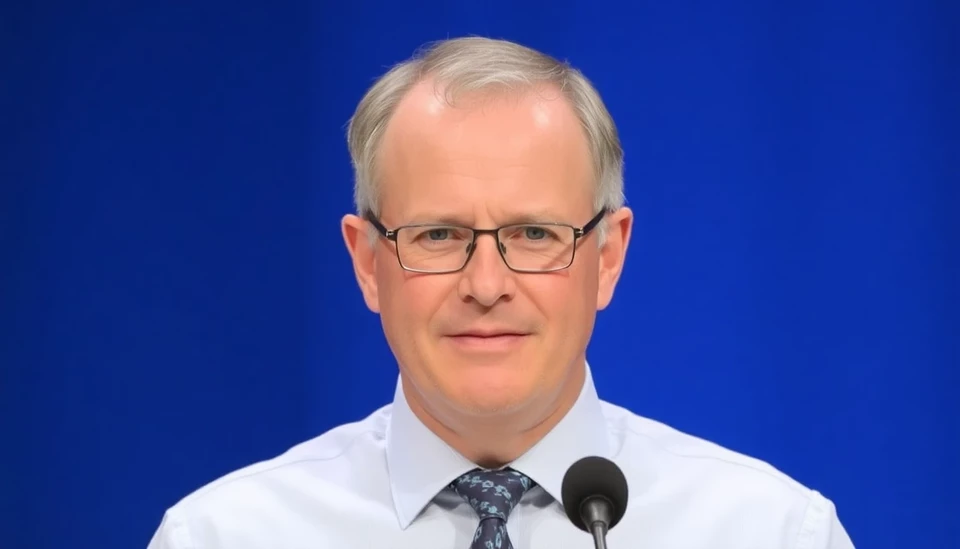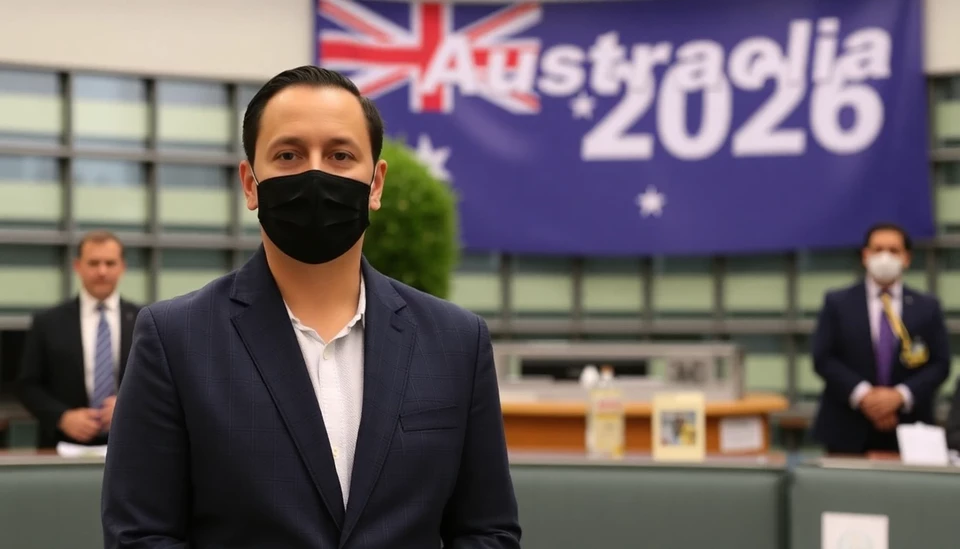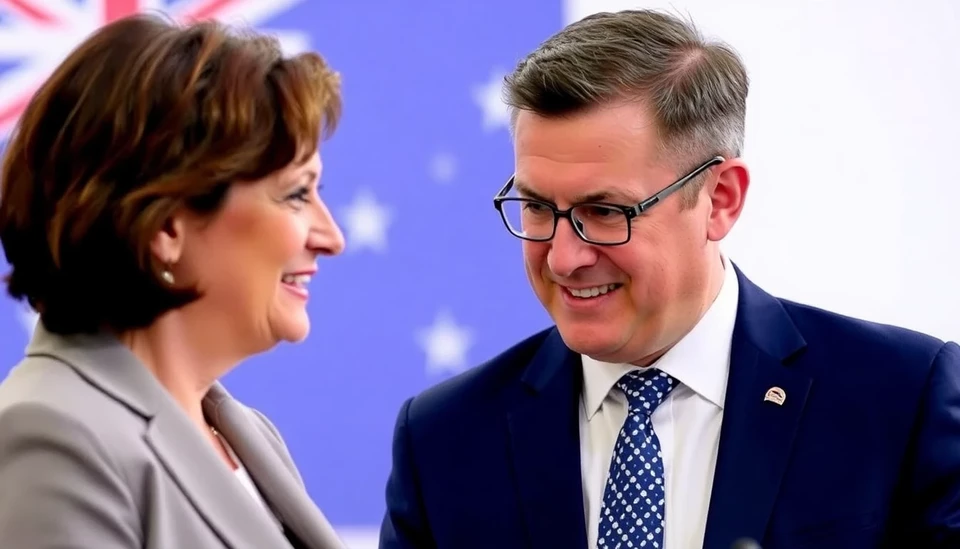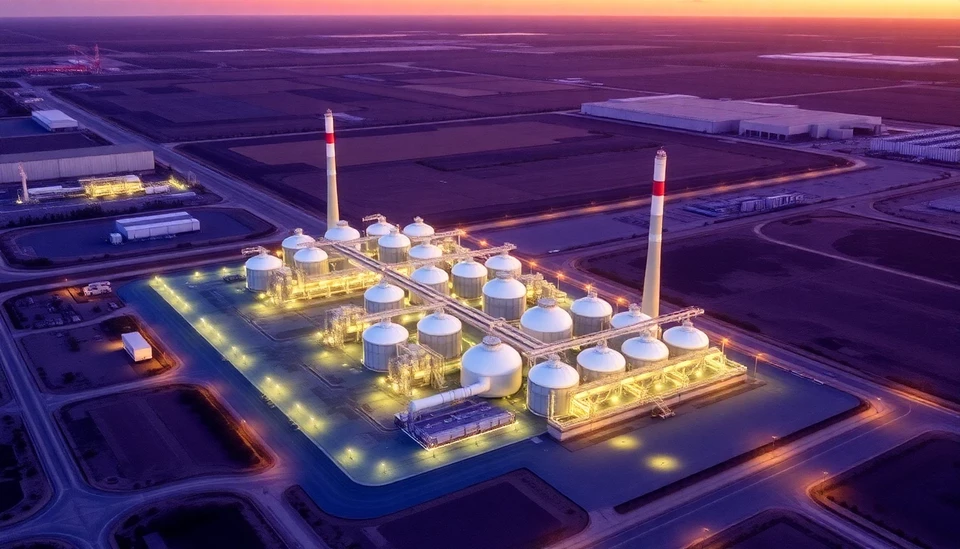
With the Australian federal elections looming closer, the political atmosphere is becoming increasingly charged as Prime Minister Anthony Albanese's party finds itself trailing behind the opposition in recent polls. The surprising shift in voter sentiment highlights the growing challenges for the incumbent Labor party, which has seen its approval ratings dip, raising concerns about its ability to secure a second term in office.
Recent polling indicates that the Liberal-National coalition, led by opposition leader Peter Dutton, has gained momentum, capitalizing on discontent among voters over various issues, including the rising cost of living and perceived government inaction on key social concerns. Just weeks ago, the Labor party held a comfortable lead in the polls, but a series of missteps and intensifying criticism have enabled the opposition to gain a foothold.
One of the critical issues resonating with the electorate is inflation, which has continued to create financial strain for many Australians. Rising prices for essential goods and services have left citizens feeling anxious and dissatisfied, causing them to rethink their allegiances. Sources suggest that an increasing number of voters view the Liberal-National coalition as a viable alternative to the incumbent government, particularly in light of their promises to address economic concerns more efficiently.
In response to the shifting tides of public opinion, Prime Minister Albanese and his team are ramping up their campaign efforts. They are emphasizing past accomplishments while seeking to connect with voters on issues that matter to them the most. The Labor party is focusing on its initiatives to bolster the economy and improve healthcare services, hoping to reignite support ahead of election day.
Moreover, the government is working diligently to present a unified front while attempting to counter the narratives put forth by the opposition. Party strategists are eager to highlight the dangers of returning to a government that they argue failed to manage the economy effectively during their previous term. However, as the election date draws closer, some analysts believe that time is running out for the Labor party to reverse its declining fortunes in the polls.
Political observers suggest that the upcoming elections will not only test the popularity of the current government but may also signal a broader trend in Australian politics, reflecting the changing priorities of its citizens. As the parties prepare for a vigorous campaign season, the results of the upcoming election are likely to have significant implications for the direction of the nation.
As the race continues to tighten, all eyes will be on both the Albanese administration and the opposition as they weave through a complex tapestry of issues and challenges that will ultimately determine the future of Australia’s political landscape.
In conclusion, as uncertainty looms in the Australian political arena, the effectiveness of campaign strategies employed by both parties will undoubtedly play a crucial role in their electoral success. With public sentiment shifting and a pressing need to address pressing economic issues, the upcoming months will be pivotal in shaping Australia’s immediate future.
#AustraliaElection #AnthonyAlbanese #PeterDutton #Politics #LiberalParty #LaborParty #CostOfLiving #Election2025
Author: Daniel Foster


